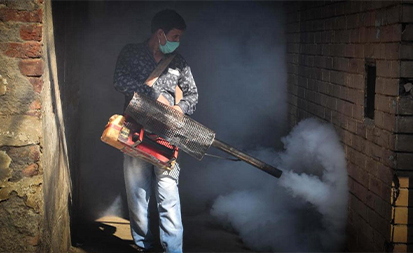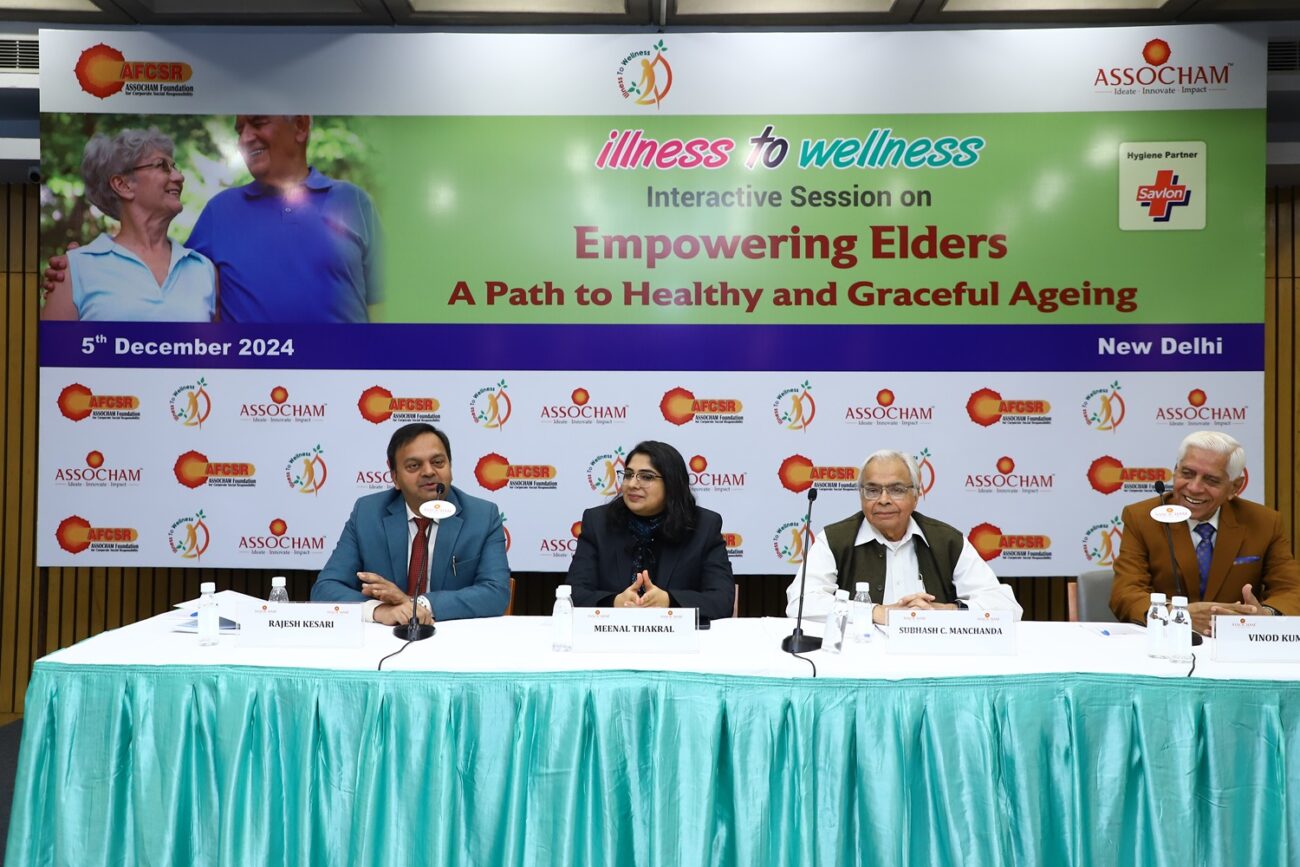Dengue cases crosses 200-mark in Delhi
The total number of the mosquito borne infection so far this year in Delhi has crossed the 200 mark, With 53 more cases of dengue recorded in the Capital over the last week. According to the

The total number of the mosquito borne infection so far this year in Delhi has crossed the 200 mark, With 53 more cases of dengue recorded in the Capital over the last week.
According to the weekly report released by the municipal corporations on Monday,
Delhi recorded 211 cases and no deaths due to the viral infection till Saturday. The record is higher than the 172 cases of the infection reported during the same period last year, even as doctors reported a surge in co-infection of dengue and Covid-19 in September last year.
Delhi, along with 10 other states, is also reporting some cases of serotype 2 dengue, which is associated with higher risk of severe disease and may result in internal bleeding or capillaries leaking out fluids resulting in a sharp drop in blood pressure.
Four serotypes of dengue virus has been recorded where Type 1 and 3 are the milder serotypes while type 2 and 4 are associated with severe disease. The Capital last saw serotype 2 infections in 2015 when a large outbreak affected nearly 16,000 people and killed 60. Since then, serotype 3 caused most of the infections in Delhi.
So far this year, doctors have not reported too many cases of persons coming in with bleeding, circulatory shock, or severe drop in platelet count. “There has been an increase in dengue cases over the last three weeks. However, most people are coming in with mild to moderate disease. Although some do end up needing platelet transfusion, their numbers are still very low,” said Dr Atul Gogia, senior consultant of internal medicine at Sir Ganga Ram hospital.
Dr Amitabh Parti, director of internal medicine at Fortis Memorial Research Institute in Gurugram, said, “There has been a 15-20% increase in the number of fever cases in the out-patient clinics. Over the last two months, most of the fever cases were that of flu. However, with flu cases on the decline, dengue has overtaken now.”
“Only 2 -3% of the patients with dengue currently have reported severe symptoms. In most cases, the platelet count drops to around 40,000-50,000 and then starts going up again on its own. Only symptomatic management and hydration is needed [in most cases]. There are a few patients whose platelet count hovers in the 17,000-20,000 range and may need a platelet transfusion, but even they are recovering easily.”
Platelet is a component of the blood that helps form clots and prevent bleeding from wounds. The decline in platelet count results in internal bleeding in dengue patients. The normal count is 150,000 to 450,000 platelets per microliter of blood.
Dengue is caused by the aedes aegypti mosquito which mainly breeds in fresh, stagnant water near homes during the monsoon season and bite during the day. The Delhi government has started its ’10 hafte, 10 baje, 10 minute’ campaign that urges people to clean out all water-containing vessels in their homes and check for breeding once a week, thereby breaking the eight to ten day life-cycle of the mosquito.
Dr Neeraj Nischal, associate professor in the department of medicine at the All India Institute of Medical Science (AIIMS), said that there was need to prepare keeping in mind the dangerous serotype of the virus. “Dengue and other mosquito-borne diseases are easily preventable if we ensure that we don’t allow mosquitoes to breed in and around our houses. If the cases of dengue rises significantly, it will definitely lead to complications in some patients and may even be life threatening. The general principle is to ensure you are adequately hydrated… Take medical opinion of an expert before taking any sort of medicine,” he said.
Doctors said several pain medicines can lead to increased bleeding in dengue patients. They advised people to seek medical opinion within 72 hours since there are many infections doing the rounds in the city.
“We are seeing cases of dengue, malaria, typhoid, flu, and Covid-19. It is very hard for patients to distinguish and some of them might worsen within a few days. So, it is best to seek medical opinion within 48-72 hours of getting fever,” said Dr Parti.






